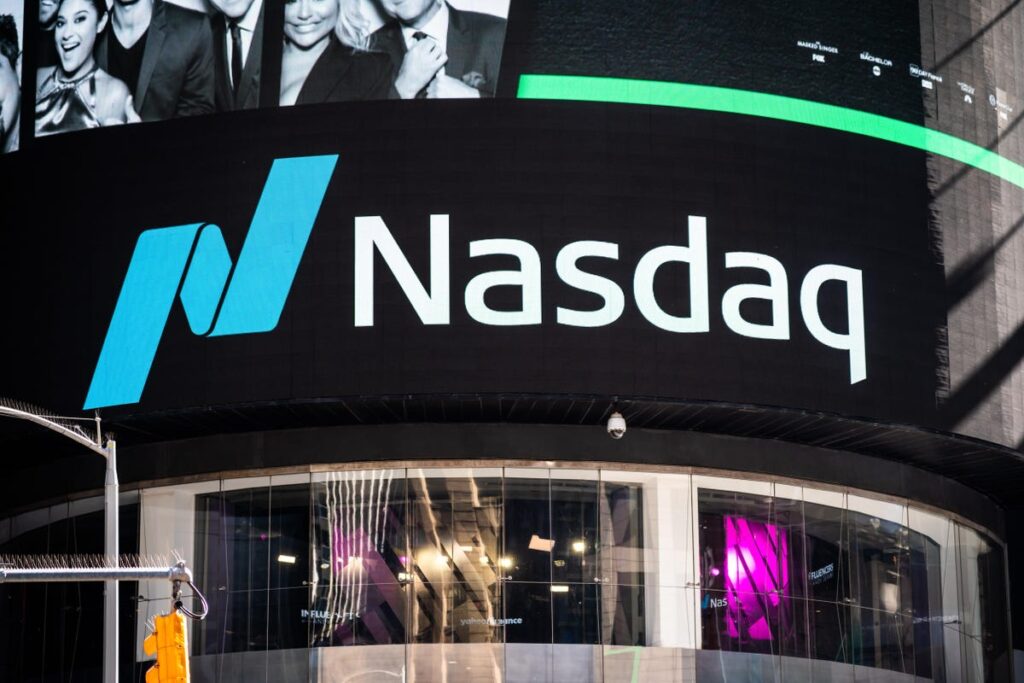SPACs are companies created to acquire or merge with an existing company in order to get publicly traded. Hagerty, a classic car insurer, is planning an IPO for Dec. 3. Kin, a home insurance provider, will likely go public in mid-January.
However, as the wave of SPAC mergers crested in the past two years, startups that chose this path found it difficult to keep up with more established companies and investor expectations. Companies that went public via a SPAC are not performing as well as they did at the time of their IPO. The insurtech companies that went this route are not exempt from experiencing that strain. Metromile, which saw its stock drop earlier this year, is now being acquired by Lemonade.

“Just look at Metromile as an example, Metromile was the darling of Wall Street for a while and now look at its share price. In fact, their business was so nascent, they ended up getting acquired by Lemonade, and hopefully the two of those businesses combined will thrive as opposed to two independent companies,” Watson said. “Companies that are thinking about going public, may think twice if it is via a SPAC.”
Watson points out that pre-COVID, there were fewer than 60 SPACs trading. Compare that to over 200 deals completed and 400 SPACs looking for targets as of the third quarter of 2021, according to CB Insights.
The compressed timeline of the SPAC may be a factor in how share prices have changed in the months since the frenzy. SPACs have an 18- to 24-month window from the time of launch to find a merger target, close and go public. So, SPAC sponsors are under pressure to make a deal happen.
“When SPACs have less than a year to go, they’re far more interested in negotiating than when they first launch,” Watson said. “That doesn’t change what happens to a company when it goes public via a SPAC, no matter how good a deal it cuts in a SPAC merger, it’s living in a different world as a public company and that can be a very high cost depending on the company and how it was organized pre-public market.”
So what’s next?
SPACs have been around for decades but in the past two years, there has been a surge in activity. The benefits of going public in this way include a faster process and sometimes a higher price, both of high value during the pandemic.
Kristin Kraeger, managing director at AON and national SPAC & IPO leader, said the popularity of SPACs will continue, as the option was underutilized in the past.
“There has been success in accessing the capital market through a SPAC. I think the fever we saw at the beginning of this year won’t return to exactly that kind of frenzy,” Kraeger added. “But I think SPACs are here to stay in terms of an alternative to going public traditionally. The pandemic had an impact on its popularity. Efficiency and speed are important elements during a pandemic and that will persist, even outside of the pandemic.”
Sean Harper, CEO of Kin, which still plans to going forward with its SPAC IPO, remains excited about the possibilities for the public company.
“It has always been our intention to go public,” he says. “We’re not looking to have a small company or sell to a big insurer. We want to make Kin a part of people’s lives. We want Kin to be iconic.”
Harper said the company considered going with a traditional IPO but felt that the SPAC route allowed for more opportunity.
“A lot of growth companies are picking SPACs now because when you’re negotiating the evaluation you are able to talk about and disclose your future plans and forecasts. For us, we created a financial plan through 2024 and that’s what we were showing the SPAC and pipeline investors,” Harper said. “In a traditional IPO that doesn’t happen and because we’re a young company, it is hard to articulate our value if we can’t talk about our future prospects and growth.”
Harper added that when done well, SPACs investors match capabilities with a company and allow for greater exposure and lower cost capital.
“We saw companies that were performing worse than us going public, so it tipped us off. If they can go public, we can,” Harper said, adding that companies should not just go public, even via a SPAC, if they’re not ready.
Source: DIgital Insurance









